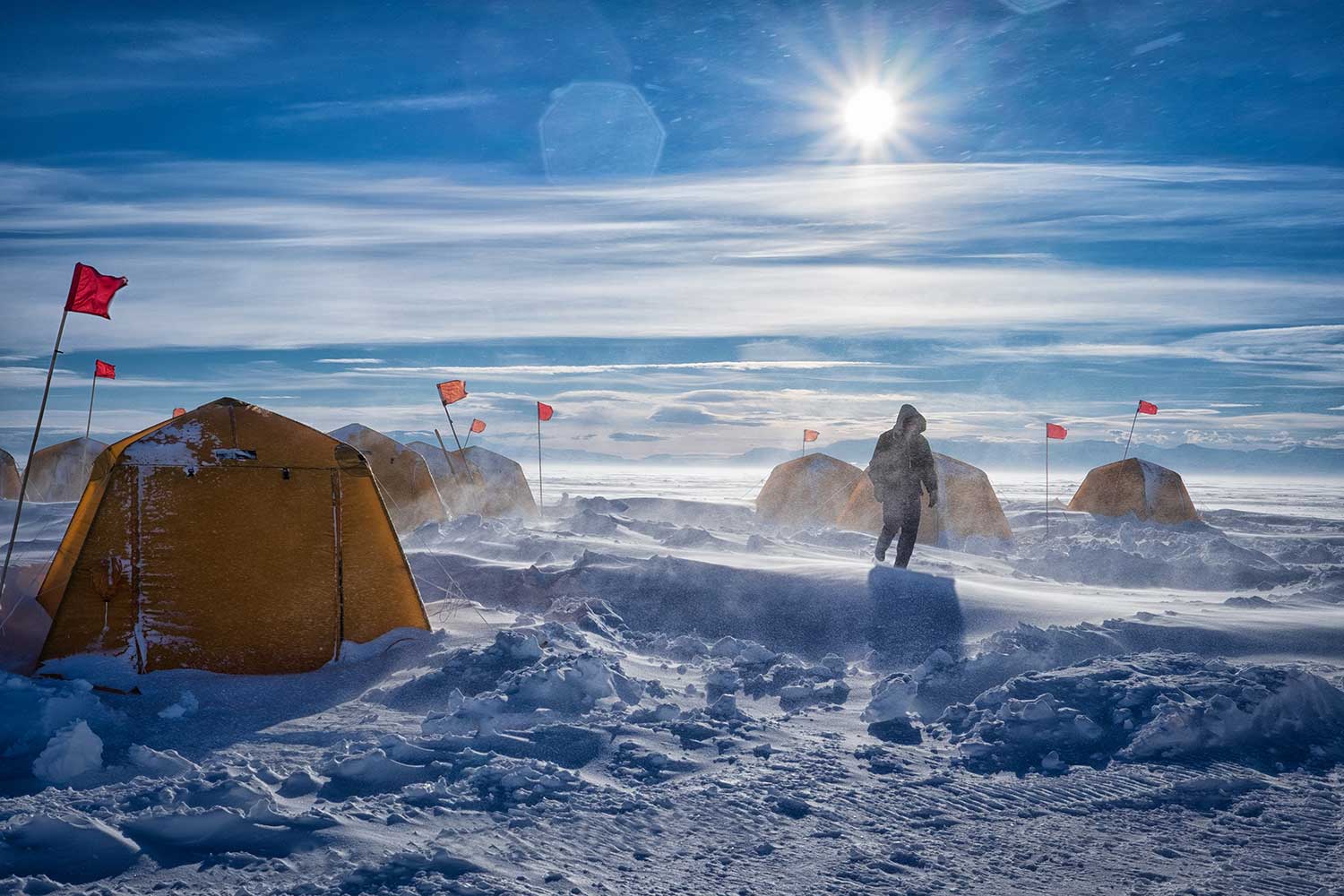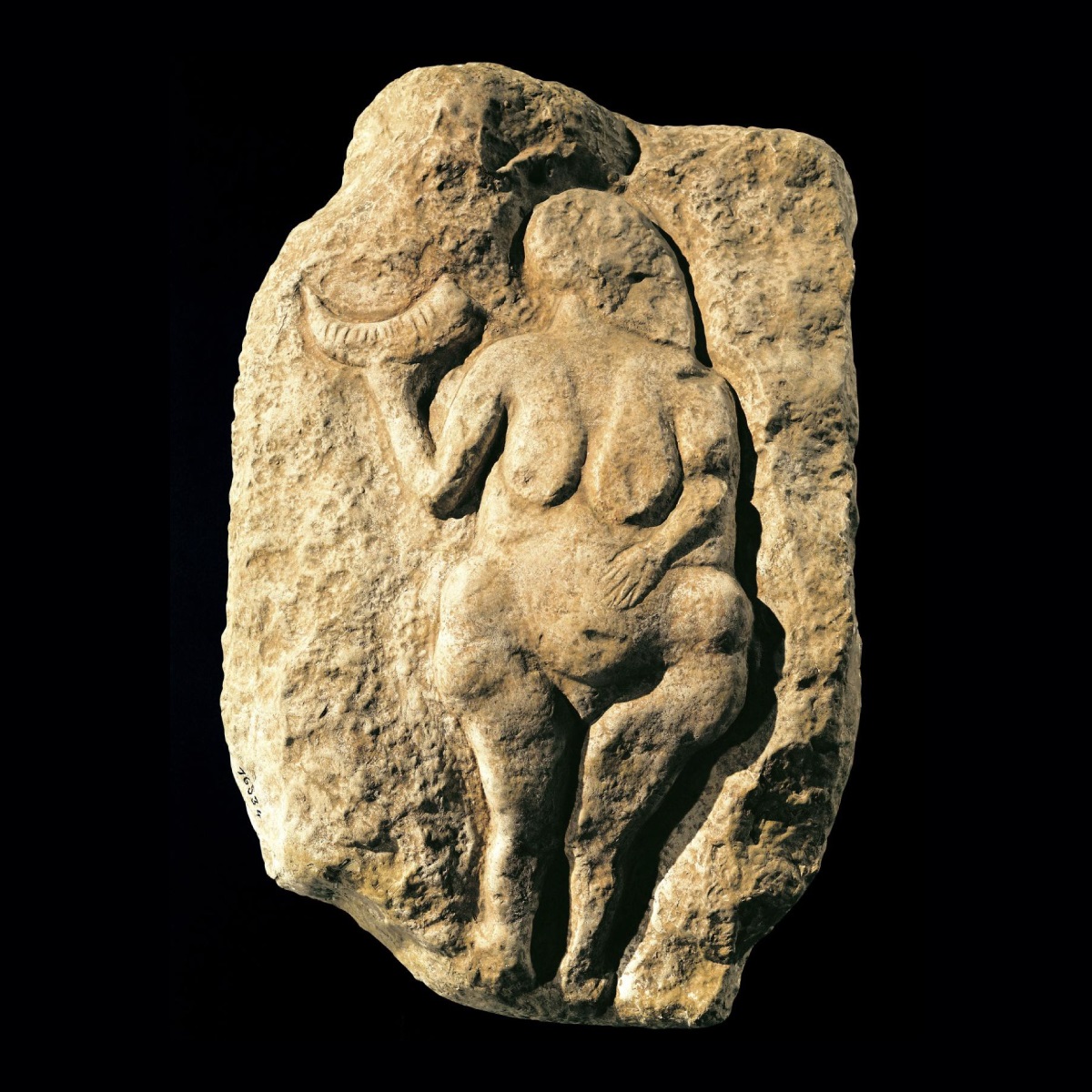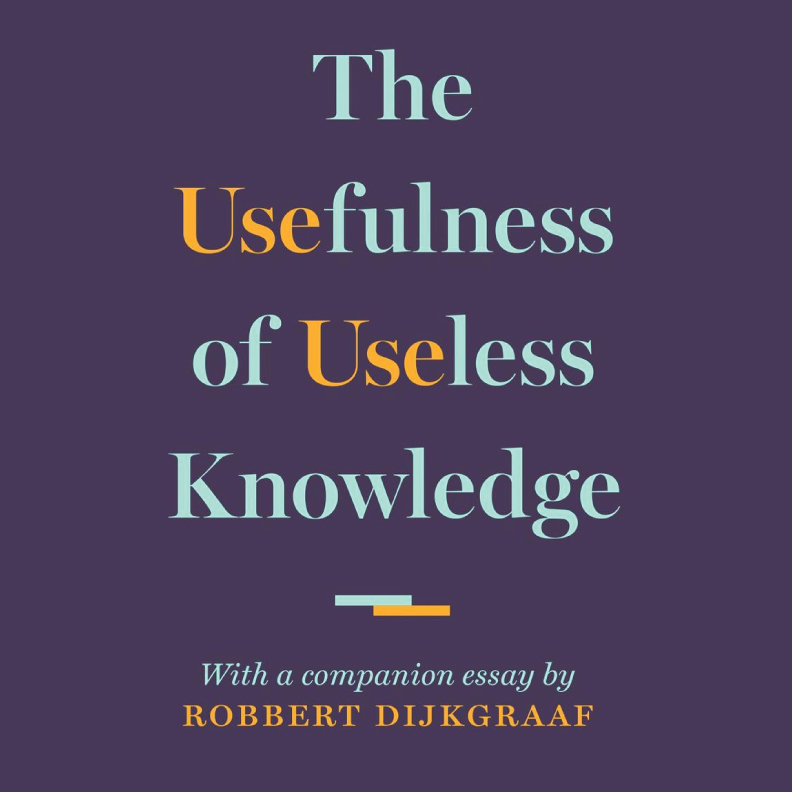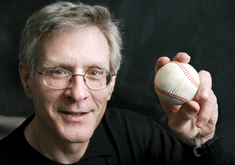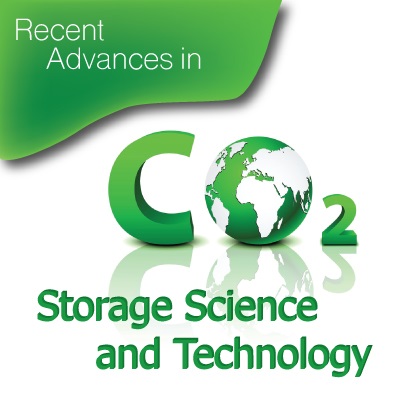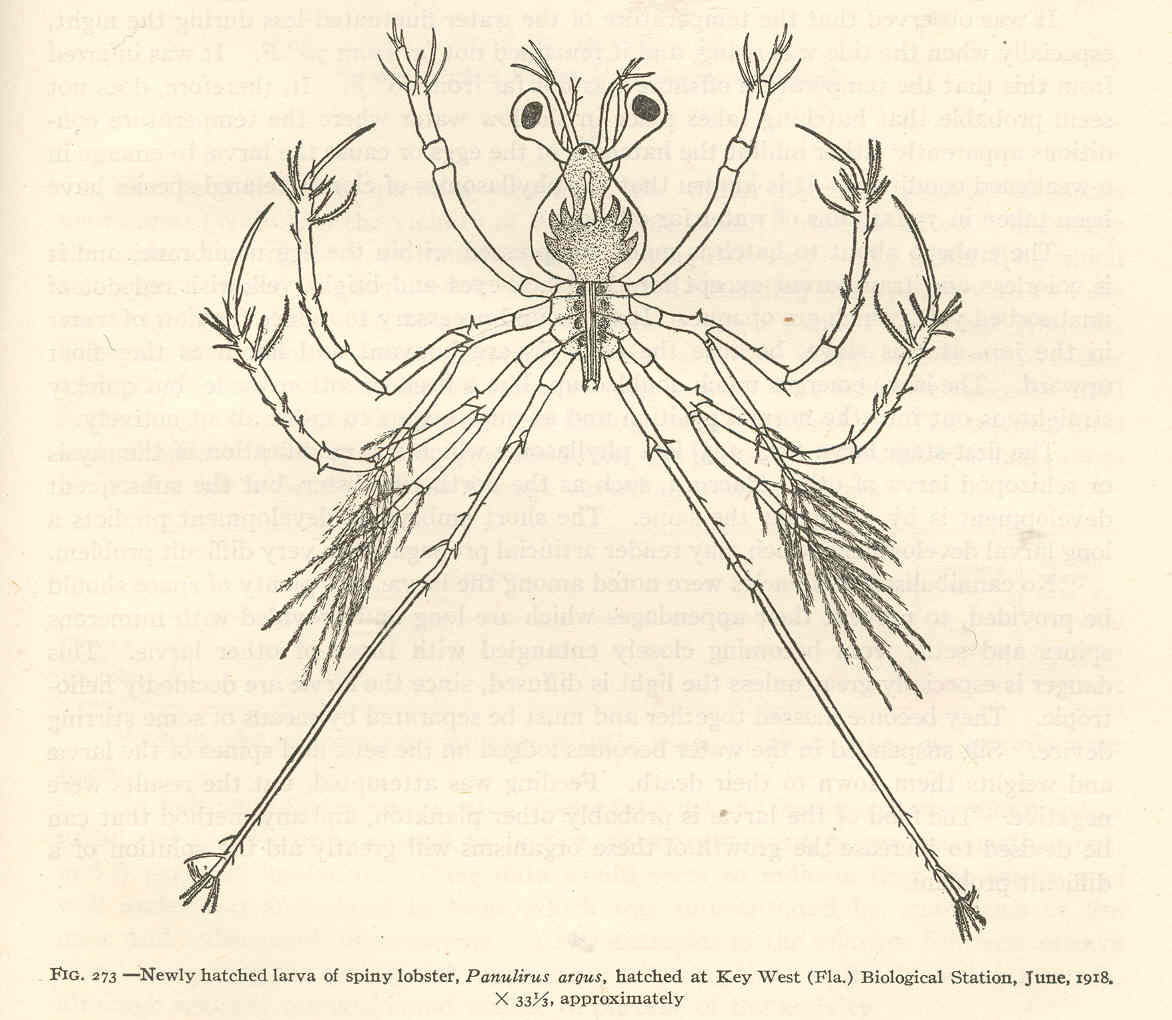Upcoming Events
C2ST achieves its mission by hosting relevant, independent, and credible public STEM programs across all scientific fields at locations throughout Chicagoland. With nine out of ten program attendees’ expectations fulfilled, our supporters agree that C2ST is accomplishing its mission of increasing the public’s understanding of science and technology.
We are dedicated to providing a professional and inclusive environment for everyone, regardless of gender, gender identity and expression, sexual orientation, disability, physical appearance, body size, race, age, or religion. Please be respectful of diversity in individuals and in cultures at our events.
Miss an event? Anyone across the globe can access our STEM program library by visiting our YouTube channel, C2ST TV. Also be sure to follow us on Facebook, where we livestream many of our programs.
Check out below what programs we have planned and discover what we’ve hosted in the past.
Privacy Policy
As a guest of Chicago Council on Science and Technology (C2ST), you agree to be photographed, videotaped, or filmed and grant C2ST permission to put the finished footage/photography to any uses that it may deem proper including marketing, advertising (print, radio, and television) and PR-related activities.
We only have access to/collect information when you sign up for our programs or that you voluntarily give us via email or other direct contacts from you. We will not sell or rent this information to anyone. We will not share your information with any third party outside of our organization.
Filter Events
April 20, 2017
Illinois Institute of Technology, McCormick Tribune Campus Center, McCloska Auditorium
3201 South State Street, Chicago, IL, USA
Program Series:
Climate, Energy, and Environment
Watch the event highlights here!
Antarctica is the coldest, highest and driest of all seven continents. It is one and a half times the areal size of the continental United States, with the vast majority of its landmass covered in thick ice sheets.
April 11, 2017
Columbia College Chicago
1104 S Wabash Ave, Chicago, IL, USA
Program Series:
Science and Society
The arts provide a key avenue of insight into ancient human behavior and symbolic evolution. In this lecture we will review some of the evidence and analysis of how our ancestors of the later Ice Age used the material and visual world to create meanings, to develop and solidify social relationships, and to become “effective world settlers.” Read more…
April 6, 2017
The Arts Club of Chicago
201 E Ontario St, Chicago, IL, USA
Program Series:
Science and Society
The Chicago Council on Science and Technology and the Institute for Advanced Study Present “The Usefulness of Useless Knowledge”
Robbert Dijkgraaf, Institute for Advanced Study Director and Leon Levy Professor, will discuss the re-publication of “The Usefulness of Useless Knowledge” (Princeton University Press), which features IAS Founding Director Abraham Flexner’s classic essay of the same title, first published in Harper’s magazine in 1939. Read more…
March 30, 2017
Chicago Public Library, Harold Washington Center
400 South State Street, Chicago, IL, USA
Program Series:
Physical Science
Chicago Council on Science and Technology and the Chicago Public Library, Harold Washington Center present
Just in time for opening day!
Dr Alan Nathan spent a career doing experimental nuclear physics, where he studied the high-speed collisions of subatomic particles. Read more…
March 22, 2017
Perlstein Hall Auditorium, Illinois Institute of Technology
10 West 33rd Street, Chicago, IL, USA
Program Series:
Climate, Energy, and Environment
Geological storage of carbon dioxide has the potential for significant reductions in greenhouse gas emissions.
While the fundamental scientific underpinnings of CO2 storage build on a century-long exploration of the physics of multiphase flow in porous media, there are aspects that remain unexplored and warrant further investigation. Read more…
March 7, 2017
Pint Chicago
1547 North Milwaukee Avenue, Chicago, IL, USA
Program Series:
Life Science
How do fish and other marine species find forever homes? How long do they remain drifters?
Adults spawn and release eggs that hatch into larvae that temporarily join the drifting communities of the open ocean, plankton. What happens from there is not easy to study–larvae are tiny; almost invisible, and the ocean is huge. Read more…
